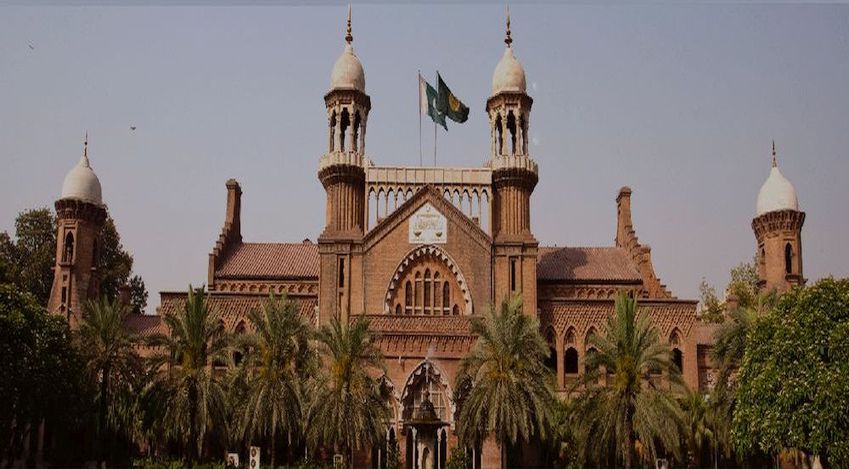The Cooperative Society Officers, though Public Servants, are not Government Employees and thus fall outside Anti-Corruption Establishment (ACE)’s Purview; the Registrar, Cooperative Societies has Jurisdiction in such cases --- Lahore High Court
Islamabad 08-02-2025: In a significant ruling, the Lahore High Court, Bahawalpur Bench has declared that the Anti-Corruption Establishment (ACE), Punjab, does not have jurisdiction to investigate or prosecute offenses committed under the Cooperative Societies Act, 1925 (CSA 1925). The judgment was delivered by Mr. Justice Muhammad Amjad Rafiq in [Writ Petition No. 72110 of 2024] titled “Muhammad Khalid Waseem Vs. the Government of Punjab and other Respondents”.
The petitioner challenged Reference No. RCS/H/ACE/2023/1601, dated November 6, 2024, issued by the Registrar, Cooperative Societies, Punjab. The reference had forwarded a case to the Director General of the Anti-Corruption Establishment (ACE), Punjab, directing it to be tried by the Senior Special Judge, Anti-Corruption Court. This case, originally investigated under the National Accountability Bureau (NAB), had been transferred by the NAB Court to the Registrar for further proceedings.
The Petitioner argued that following amendments in the National Accountability Ordinance (NAO), via the National Accountability (Amendment) Acts of 2022 and 2023, and a Supreme Court of Pakistan judgment in [Petition No. 2/23] (dated September 6, 2024), the NAB Court had the sole discretion to decide the forum for prosecution. Since the NAB Court referred the matter to the Registrar, the Registrar was bound to comply and had no authority to redirect it to the ACE.
The Court examined the extensive powers granted to the Registrar of Cooperative Societies under CSA 1925, including conducting inquiries, seizing records, and imposing penalties. However, Mr. Justice Muhammad Amjad Rafiq highlighted that the Registrar’s powers are administrative, and offenses under Section 60(e) of CSA 1925, relating to fraudulent activities, are punishable by fines only and do not warrant criminal prosecution unless explicitly stated.
The Court also clarified that while cooperative society officers are considered public servants under Section 65B of CSA 1925, they are not government employees. Therefore, they do not fall under the jurisdiction of the ACE, which is mandated to investigate offenses committed by government employees under the West Pakistan Anti-Corruption Establishment Ordinance, 1961.
The Court referenced the landmark case Mian Khan Vs. Ghulam Mustafa and Others (1996 SCMR 654), reinforcing that prosecution of cooperative society members requires sanction from the Registrar unless the offense falls under exceptions provided by law, such as Section 62A(2) of CSA 1925.
The Lahore High Court partially allowed the writ petition, setting aside the reference sent by the Registrar to the Anti-Corruption Establishment. The Court directed the Registrar, Cooperative Societies, Punjab, to comply with the NAB Court’s order and either impose administrative penalties or file a complaint before the competent Magistrate for any offenses that are punishable under CSA 1925.
Powered by Froala Editor








